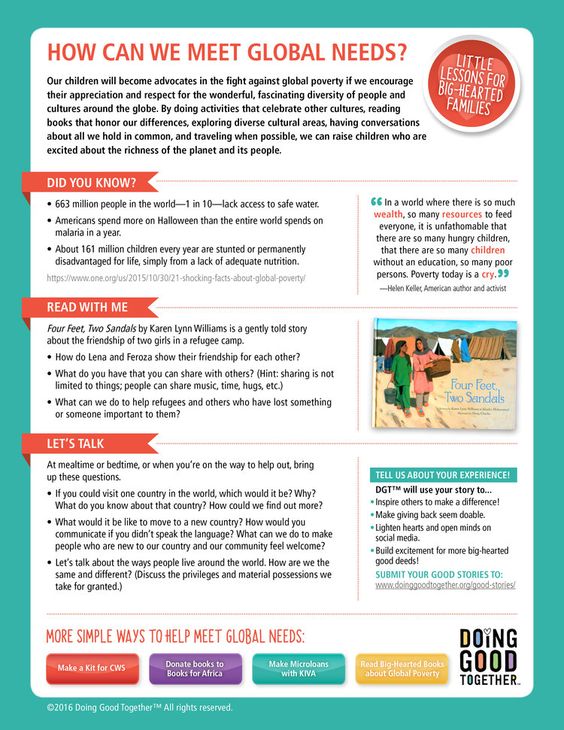

Studying abroad is a transformative experience that goes beyond acquiring academic knowledge; it fosters a deeper understanding of global interconnectedness and cultivates a sense of responsibility as global citizens. By immersing themselves in different cultures, environments, and perspectives, students gain insights into global issues and develop the skills and mindset necessary to address them. In this article, we will discuss how studying abroad encourages students to think critically about global issues, fostering a sense of responsibility and global citizenship.
Exposure to Diverse Perspectives:
One of the most significant benefits of studying abroad is exposure to diverse perspectives and experiences. By living and studying in a foreign country, students interact with people from different cultural, socioeconomic, and ideological backgrounds, challenging their assumptions and broadening their worldview. Exposure to diverse perspectives encourages students to think critically about complex global issues such as climate change, poverty, inequality, and human rights, fostering empathy, understanding, and respect for others.
**Cross-Cultural Understanding:**
Studying abroad promotes cross-cultural understanding and appreciation, as students navigate cultural differences and engage with local communities. By immersing themselves in a new cultural environment, students learn to recognize and value cultural diversity, traditions, and customs. Through meaningful interactions with people from diverse backgrounds, students gain insight into the complexities of global interdependence and the interconnectedness of societies, fostering a sense of solidarity and mutual respect across borders.
Critical Thinking and Analysis:
Living and studying in a foreign country encourages students to think critically and analytically about global issues, examining them from multiple perspectives and considering their broader implications. By analyzing complex socio-political, economic, and environmental challenges, students develop a deeper understanding of the interconnected nature of global problems and the need for collaborative solutions. Critical thinking skills acquired through international study empower students to question assumptions, evaluate evidence, and formulate informed opinions on issues of global significance.
**Civic Engagement and Social Responsibility:**
Studying abroad instills a sense of civic engagement and social responsibility in students, motivating them to actively contribute to positive social change and make a difference in the world. Through community service projects, volunteer work, and experiential learning opportunities, students become agents of change in their local and global communities. By addressing pressing social, environmental, and humanitarian challenges, students demonstrate a commitment to social justice, equity, and sustainability, embodying the principles of global citizenship in their actions and advocacy.
Empowerment and Agency:
Ultimately, studying abroad empowers students to recognize their agency and potential to effect meaningful change in the world. By gaining knowledge, skills, and confidence through international study experiences, students become proactive global citizens who are equipped to address the pressing challenges facing our planet. Whether through grassroots activism, social entrepreneurship, or policymaking, students leverage their education and experiences to create positive impact and promote a more just, equitable, and sustainable world for future generations.